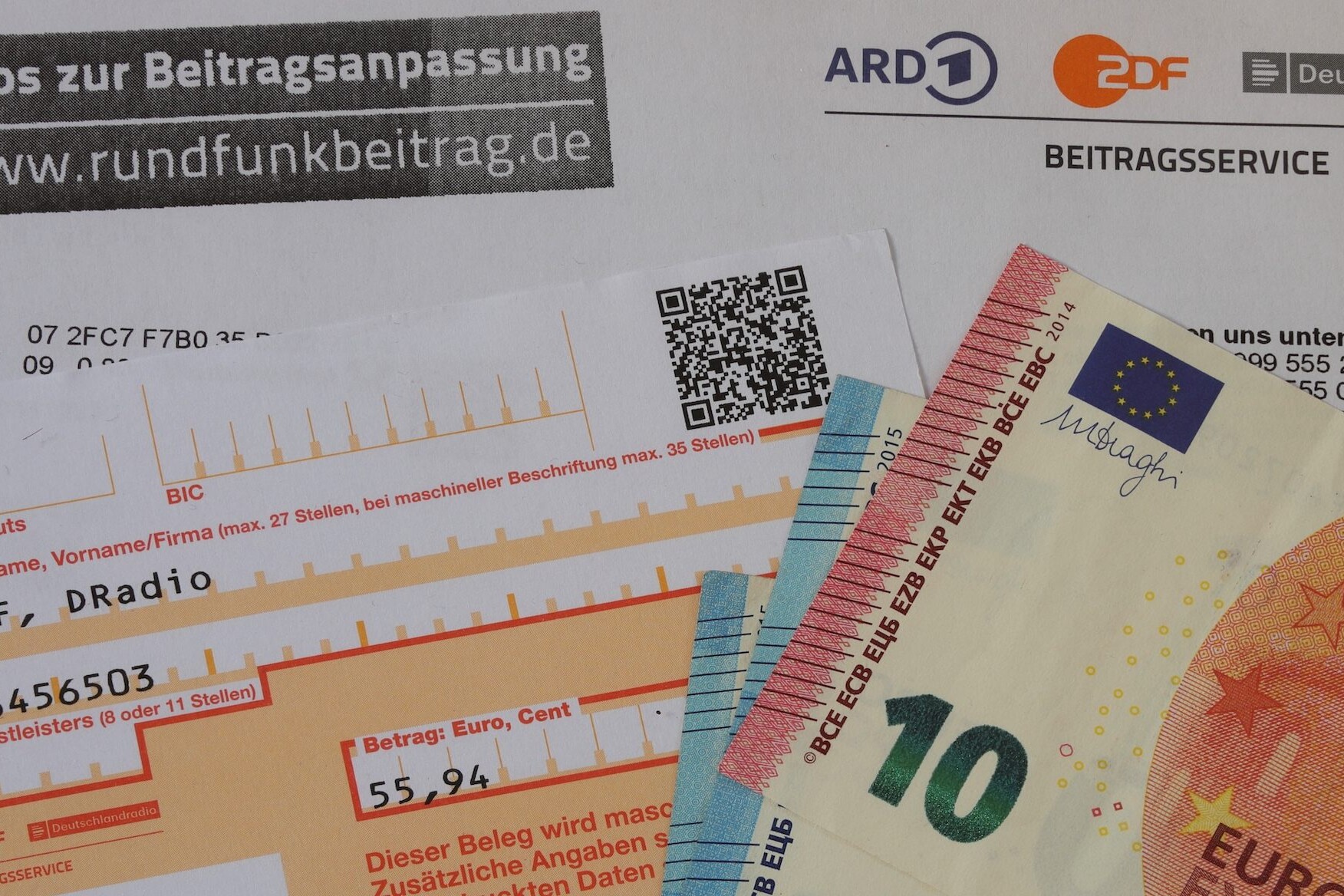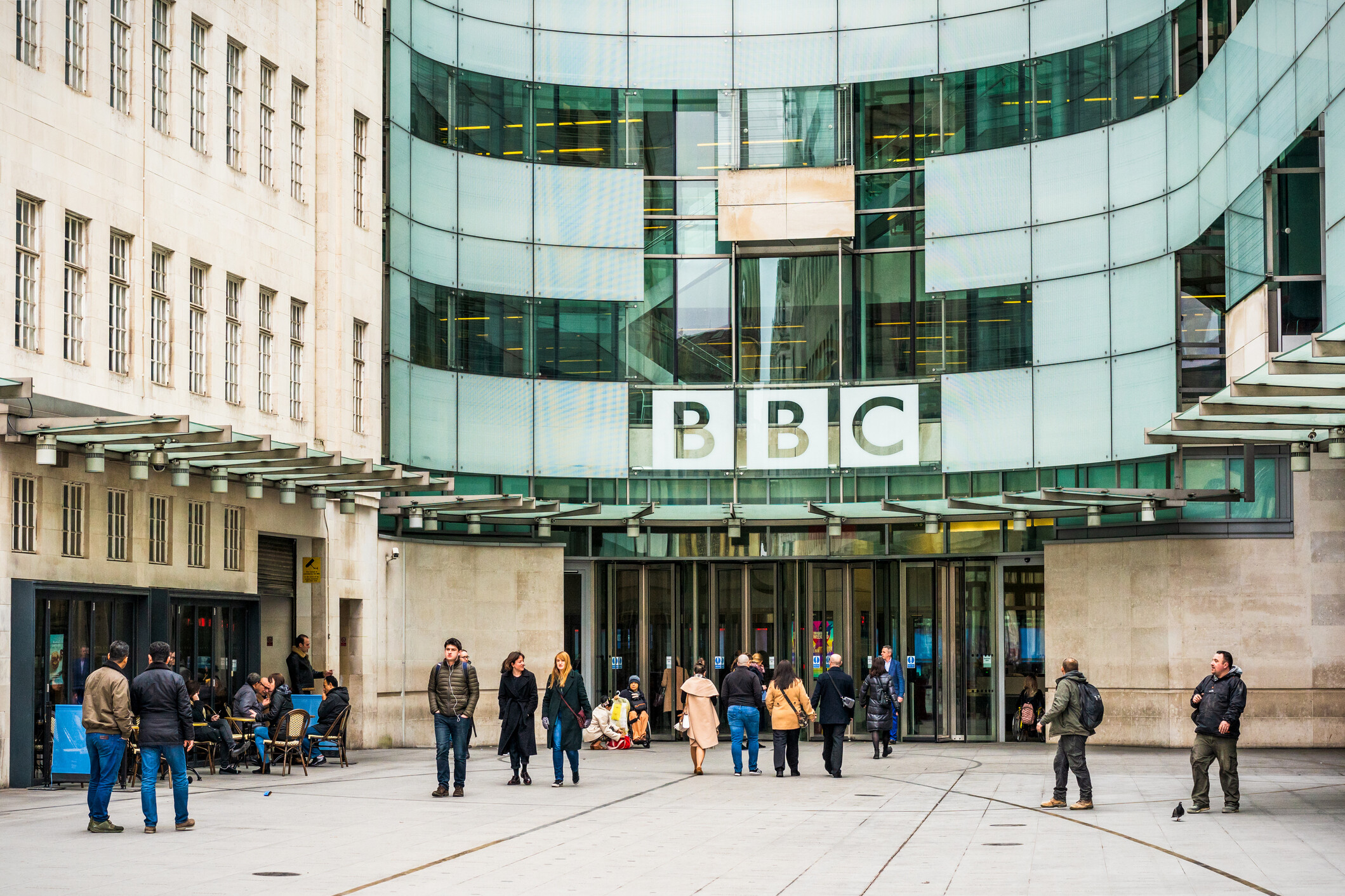The public broadcaster’s Director-General says the current licence fee funding model is “utterly broken” and needs to be changed urgently.
The head of Ireland’s public service media, RTÉ, has called for a pressing revamp of the broadcaster’s funding structures. It is estimated RTÉ loses €65 million per year, in part because of licence fee evasion. The figure given to members of the Joint Committee on Tourism, Culture and Media last week is €15 million more than what had previously been estimated.
The loss was also put down to a growing number of households who do not own a television because of changing audience consumption habits. According to RTÉ’s Board Chairperson, Moya Doherty, RTÉ’s investment in production companies in Ireland is now half what it was in 2008. During last week’s Committee meeting, RTÉ’s Director-General Dee Forbes said the current model is “utterly broken”, and Ms. Doherty said the organisation is now facing an “existential moment”.
Read more: Irish Media Commission considers alternative funding for public media
RTÉ uses a mixed funding model. Its budget predominantly comes from the licence fee, which costs households €160 per year. The remainder is funded through commercial activities and advertising. In 2020, its total revenue of €331.1 million was made up of approximately 59 percent licence fee and 41 percent commercial revenue.
During her appearance at the Oireachtas, the Director-General did not advocate for raising the licence fee to address RTÉ’s troubles. Instead, the heads of the broadcaster called for a fundamental change in funding streams. “The traditional licence model for funding is clearly broken”, Ms. Doherty said, pointing towards the €65 million lost every year. She called for a “thorough national debate” on what to replace it with.
This debate is already the subject of a government report which has been finished but not yet published. It was undertaken by the Future of Media Commission, and despite calls to release it immediately, those were rejected. According to sources quoted in The Irish Times however, the report’s authors advocated for abolishing the licence fee in favour of direct funding from the exchequer. The article alleged ministers are resistant to this plan.
But there is now urgency with which the funding model needs to be updated. The public broadcaster recorded a deficit of €7.9 million in 2019, and in March 2021, it warned dwindling finances would lead to a cut in its services. In November 2021, a report published by consultants Mediatique found the public media organisation is facing an “existential” crisis.
“The traditional licence model for funding is clearly broken”
– Moya Doherty, Chair of the RTÉ Board
“If Ireland is to continue to have an indigenous public-service broadcasting ecology, with a sustainable commitment to news, Irish original content and genre diversity for multiple audiences, funding will have to be secured via a long-term reform of the licence fee and a short-term lifeline in the interim,” the report said. “[It is] difficult to see how the organisation could remain sustainable on the current public funding level without either a significant reversal of commercial fortunes or changes to its public-service mandate”.
Global scrutiny
It comes at a time when the licence fee model comes under increased scrutiny globally as a sustainable funding stream. Last year, SABC – which similarly suffers from high rates of licence fee evasion – advocated for transitioning to a household levy. And more recently, in the UK, a review has been launched into how to fund the BBC beyond 2027. That is despite the BBC facing much lower rates of licence fee evasion than either RTÉ or SABC.
Read more: Beyond the licence fee: more PSM considering new funding models
Crucially, despite facing similar questions, the BBC has at least been guaranteed five years of stable funding from the licence fee. Beyond the certainty this gives to the corporation, it also provides a significant window of time to find a permanent, futureproof, and sustainable alternative funding model – a luxury other broadcasters do not enjoy. “Time is commodity we no longer have,” Ms. Doherty told the Committee.
Public media everywhere is now facing multiple challenges. It has the added responsibility of a public mandate, coupled with the pressure of being a trusted and respected news source to counter the widespread dissemination of mis- and disinformation. RTÉ and the BBC are ranked first and third respectively for trustworthiness in Ireland in the most recent Reuters Digital News Report. Additionally, the competition for audiences is becoming even more difficult for national broadcasters, compared with globalised streaming giants. Amid such significant challenges, fundamental questions about funding only adds to these problems.
To fulfil their public mandates, public media require long-term, stable, and independent funding. The danger of not guaranteeing this is that these organisations become irrelevant, do not provide value, and do not engage their audiences. This is the risk facing RTÉ. The Mediatique report argued that a poorly-funded RTÉ would result in the “underdelivery of impartial news, current affairs and original Irish content that would otherwise not be delivered by fully commercial providers”. It is therefore imperative for Irish public media, culture, and independent journalism that a solution is found soon.
Header image: RTÉ HQ building, Cork. Credit: William Murphy/Creative Commons
Related Posts
28th January 2022
Funding Democracy: Public Media and Democratic Health in 33 Countries
Funding Democracy: A new report…
18th January 2022
BBC funding freeze: the importance of a licence fee
BBC's funding freeze and talks of a new…
8th November 2021
Beyond the licence fee: more PSM considering new funding models
The licence fee has remained a popular…
19th June 2021
Irish Media Commission considers alternative funding for public media
The Future of Media Commission is…


